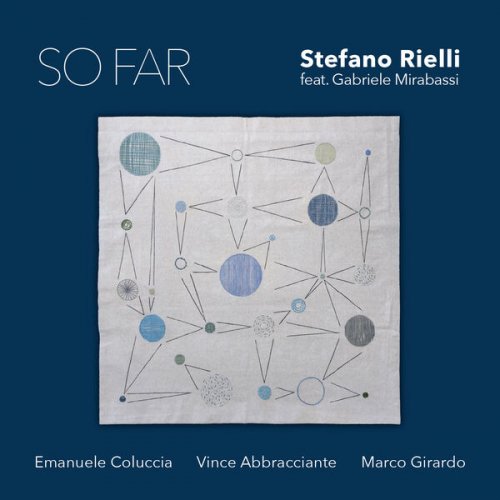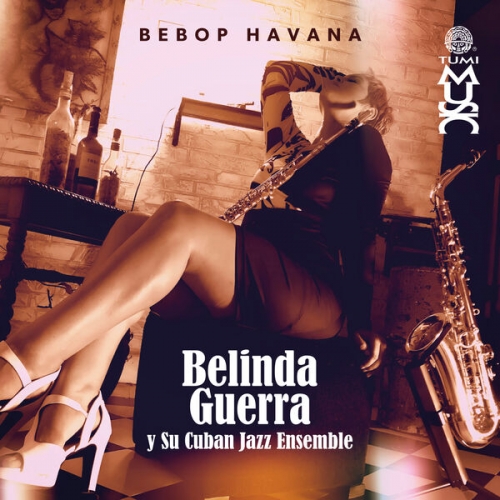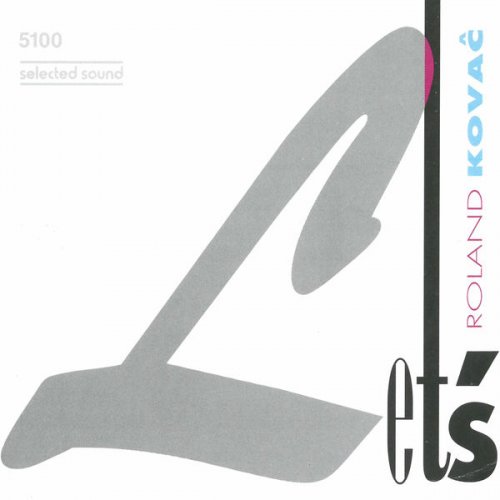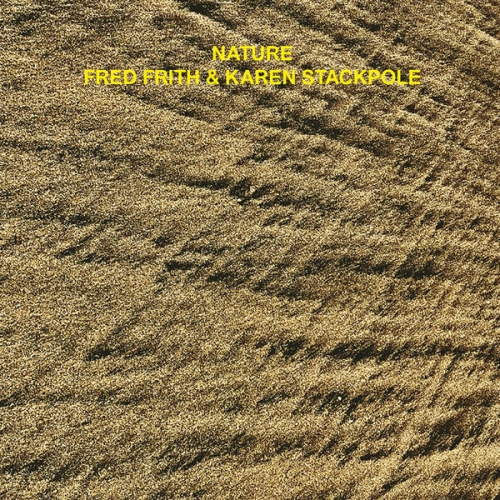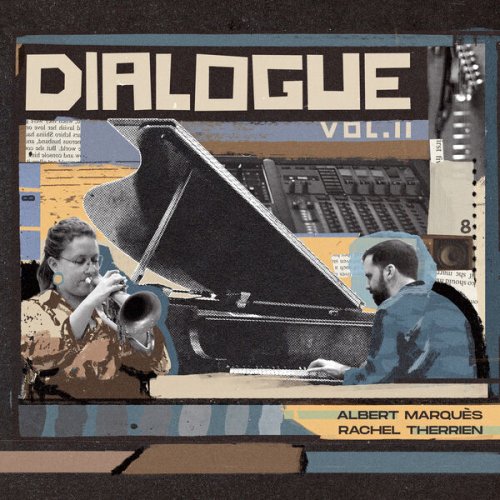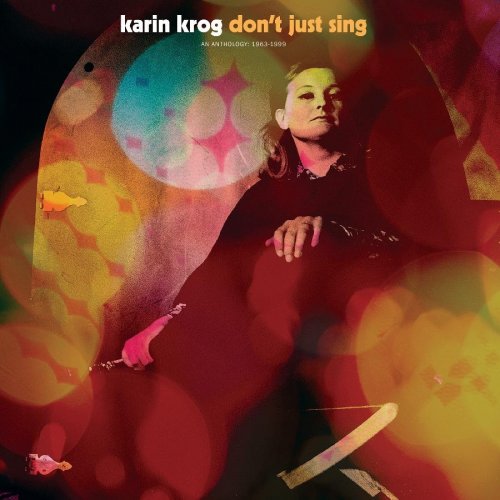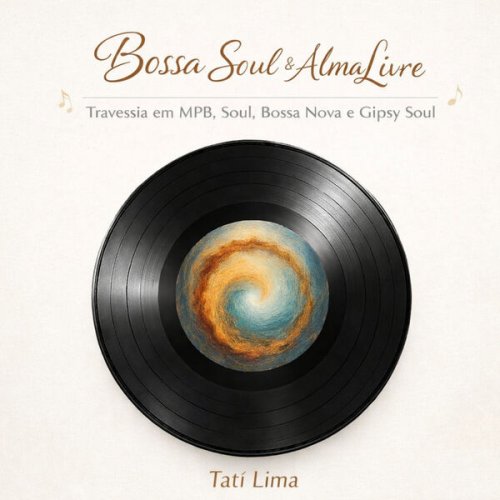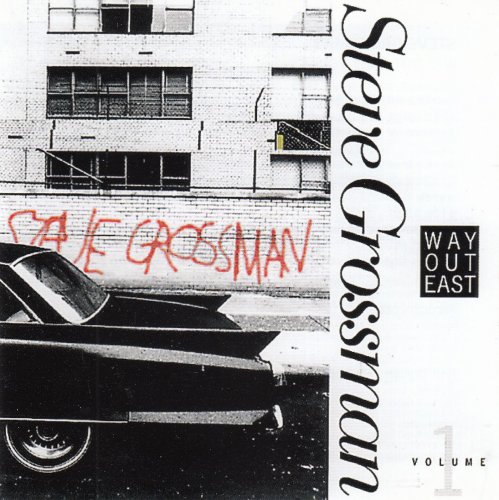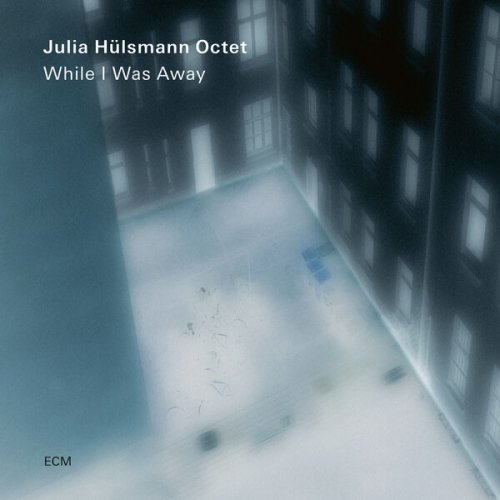Philippe Herreweghe & La Chapelle Royale - Jean Gilles: Requiem; Diligam Te Domine (2002)
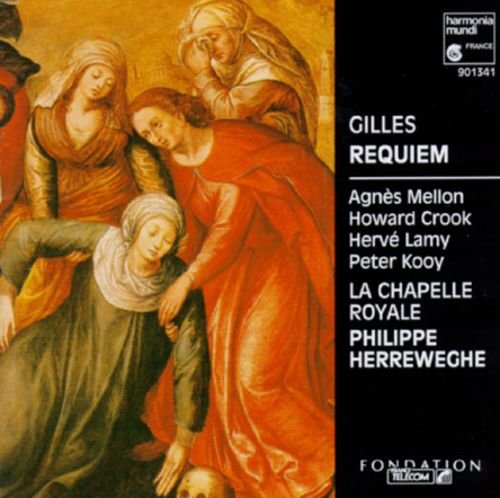
Artist: Philippe Herreweghe, La Chapelle Royale
Title: Jean Gilles: Requiem; Diligam Te Domine
Year Of Release: 1990 / 2002
Label: Harmonia Mundi
Genre: Classical
Quality: FLAC (image + .cue, log, scans)
Total Time: 01:07:47
Total Size: 301 MB
WebSite: Album Preview
Tracklist:Title: Jean Gilles: Requiem; Diligam Te Domine
Year Of Release: 1990 / 2002
Label: Harmonia Mundi
Genre: Classical
Quality: FLAC (image + .cue, log, scans)
Total Time: 01:07:47
Total Size: 301 MB
WebSite: Album Preview
Requiem (Messe des morts)
01 Introit 14:57
02 Kyrie 2:02
03 Graduel 4:21
04 Offertorie 8:37
05 Sanctus. Benedictus 3:31
06 Agnus Dei 3:48
07 Post-Communion 4:37
Diligam Te, Domine, motet
08 Diligam Te 4:04
09 Laudans Invocabo 3:57
10 Dolores Infernis 7:20
11 Commota Est 2:49
12 Inclinavit Coelos 3:18
13 Et Ascendit Super Cherubina 4:11
Belgian conductor Philippe Herreweghe concurrently studied medicine and psychiatry at the University of Ghent, in addition to studying piano with Marcel Gazelle at the Conservatory in Ghent. During that time, he founded the Collegium Vocale of Ghent (1969). Nikolaus Harnoncourt and Gustav Leonhardt took notice of the young artist and promptly invited him and his newly organized ensemble to collaborate with them in a recording project that would document the entire catalog of J.S. Bach's cantatas. Continuing his education at the conservatory, Herreweghe studied the harpsichord with Johan Huys and organ with Gabriel Verschraegen.
Ambitious, to say the least, Herreweghe formed numerous ensembles that each respectively acted as a performance vehicle for specific genres and periods of composition, resulting in numerous recordings for Harmonia Mundi. His Ensemble Vocale Elysées specialized and concentrated on the work of Bach and his predecessors. The Ensemble La Chapelle Royale (founded with Philippe Beaussant in 1977) focused on music from the French Baroque, as well as vocal scores from the Classical and Romantic eras. The Ensemble Vocale Européen (founded 1989) concentrated on Renaissance polyphony, while the Orchestre des Champs-Elysées (founded 1991), an original instrument ensemble, performed literature from the Classical and Romantic periods. Herreweghe divides his time in thirds and spends one with early music, one with the Romantic repertoire, and the last third with contemporary compositions. In an interview with La Scena Musicale (November 1997), the conductor described his ensembles as a, "poupée russe, you know those Russian dolls that fit one inside the other. My core Baroque instruments group for Bach and German repertoire is Collegium Vocale. For bigger works and French Baroque we enlarge it to make La Chapelle Royale. For even bigger classical and romantic works we add about 20 percent more players to form the Orchestre des Champs-Elysées. This way I can conduct a large repertoire while maintaining the organic integrity of the groups as much as possible."
Herreweghe has conducted many prestigious ensembles including the Royal Concertgebouw Orchestra of Amsterdam, Berlin Philharmonic, Vienna Philharmonic, Lyon Opera Orchestra, Concerto Koln, Orchestra of the Age of Enlightenment, Ensemble Musique Oblique, and the Orchestra of St. Luke's in New York City. Herreweghe assumed the position of music director of the Festival of Saintes in 1982. The conductor, nominated for Musical Personality of the Year (1990), has received many more awards including European Musician of the Year (1991), Cultural Ambassador of Flanders with his Collegium Chorale (1993), Doctor Honoris Causa of the Leuven Catholic University (1997), and the order of Officer of Arts and Letters (1994). Herreweghe assumed the post of music director of the Flanders Philharmonic Orchestra in 1997, and from 2002 has served as its principal conductor.
Widely regarded as one of the greatest champions of culture, Philippe Herreweghe has brought a dignity and integrity to the arts that seems timeless. Confident about his own opinions, Herreweghe programs the repertoire that interests him, and overlooks that which does not. He tirelessly explores the work of Bach, performing many works numerous times, but approaches each effort with a studious dedication and genuine curiosity. -- David Brensilver
Ambitious, to say the least, Herreweghe formed numerous ensembles that each respectively acted as a performance vehicle for specific genres and periods of composition, resulting in numerous recordings for Harmonia Mundi. His Ensemble Vocale Elysées specialized and concentrated on the work of Bach and his predecessors. The Ensemble La Chapelle Royale (founded with Philippe Beaussant in 1977) focused on music from the French Baroque, as well as vocal scores from the Classical and Romantic eras. The Ensemble Vocale Européen (founded 1989) concentrated on Renaissance polyphony, while the Orchestre des Champs-Elysées (founded 1991), an original instrument ensemble, performed literature from the Classical and Romantic periods. Herreweghe divides his time in thirds and spends one with early music, one with the Romantic repertoire, and the last third with contemporary compositions. In an interview with La Scena Musicale (November 1997), the conductor described his ensembles as a, "poupée russe, you know those Russian dolls that fit one inside the other. My core Baroque instruments group for Bach and German repertoire is Collegium Vocale. For bigger works and French Baroque we enlarge it to make La Chapelle Royale. For even bigger classical and romantic works we add about 20 percent more players to form the Orchestre des Champs-Elysées. This way I can conduct a large repertoire while maintaining the organic integrity of the groups as much as possible."
Herreweghe has conducted many prestigious ensembles including the Royal Concertgebouw Orchestra of Amsterdam, Berlin Philharmonic, Vienna Philharmonic, Lyon Opera Orchestra, Concerto Koln, Orchestra of the Age of Enlightenment, Ensemble Musique Oblique, and the Orchestra of St. Luke's in New York City. Herreweghe assumed the position of music director of the Festival of Saintes in 1982. The conductor, nominated for Musical Personality of the Year (1990), has received many more awards including European Musician of the Year (1991), Cultural Ambassador of Flanders with his Collegium Chorale (1993), Doctor Honoris Causa of the Leuven Catholic University (1997), and the order of Officer of Arts and Letters (1994). Herreweghe assumed the post of music director of the Flanders Philharmonic Orchestra in 1997, and from 2002 has served as its principal conductor.
Widely regarded as one of the greatest champions of culture, Philippe Herreweghe has brought a dignity and integrity to the arts that seems timeless. Confident about his own opinions, Herreweghe programs the repertoire that interests him, and overlooks that which does not. He tirelessly explores the work of Bach, performing many works numerous times, but approaches each effort with a studious dedication and genuine curiosity. -- David Brensilver
Related Releases:
